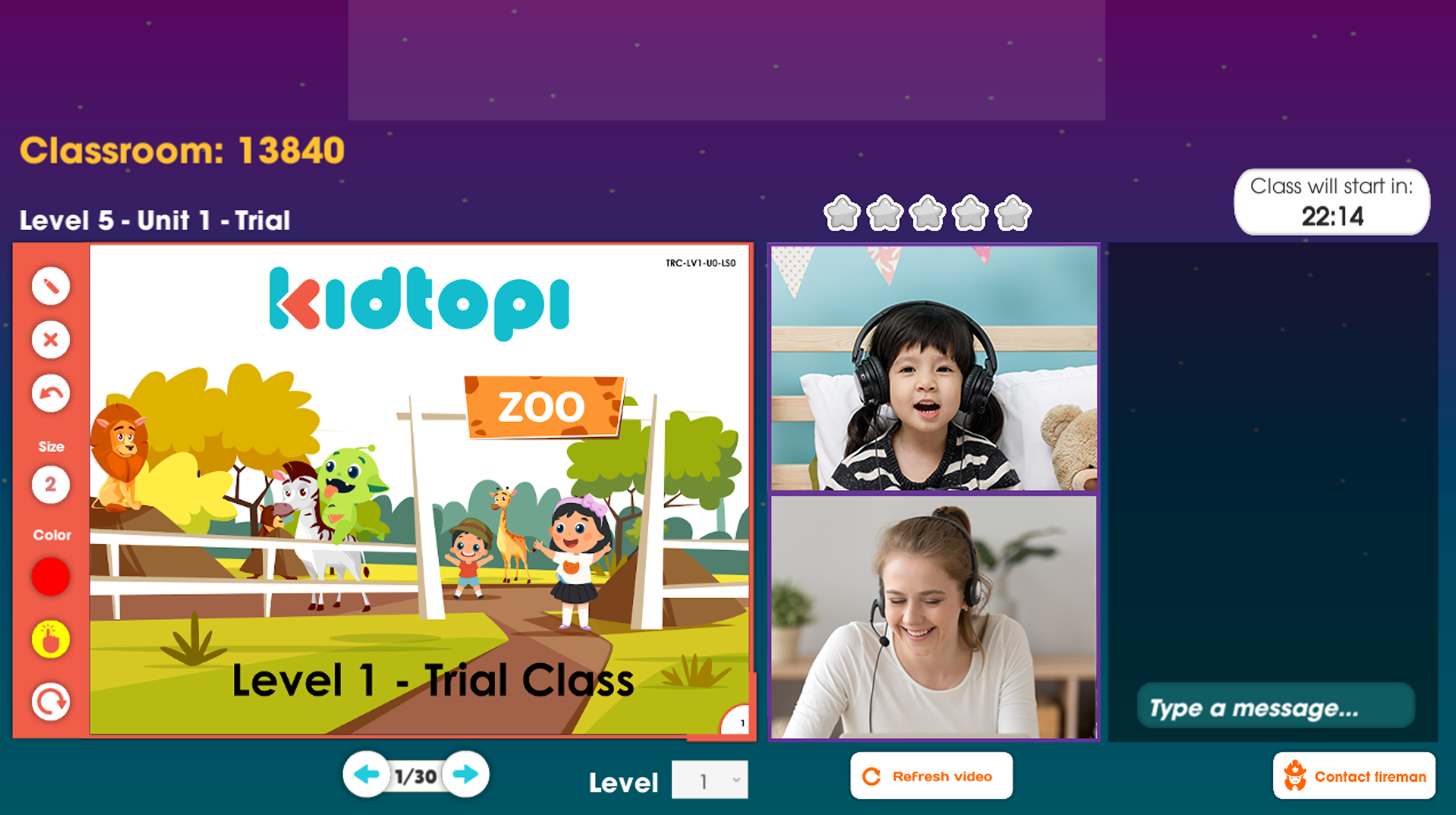Topica Edtech Group, Southeast Asia’s leading online education provider, announced today it will invest an additional USD 3.5 million, alongside other investors, to develop its own online English tutoring platform for children called Kidtopi.
The platform, to be officially launched by Topica in 2020, targets Vietnamese young learners by allowing them to learn English one-on-one with teachers from US and Canadian elementary schools. All teachers have English teaching certificates, are highly qualified in pedagogy, and have over five years of classroom experience.
Kidtopi’s online one-on-one live tutoring method allows kids to absorb English naturally, similar to how they learned their mother tongue. Each session is 25 minutes, where the kid interacts continuously with a teacher. Topica said all curricula are based on US state standards for English language learning.
In addition, parents can select teachers as many times as they like, to find someone who fits well with their kid’s character and learning pace, in order to ensure the best learning experience.
Pham Minh Tuan, founder and chairman of Topica, said Kidtopi will be a new key product besides Native and Edumall, as the startup looks to diversify its offerings for different student age groups.
Topica has already been quite well-known with Topica Native, which provides online English speech tutorials to learners across the region and Edumall. The latter is a platform comprising short-skill courses in Thailand and Vietnam, offering video learning content on popular topics from Excel to guitar playing and raising kids.
Last year, Topica raised USD 50 million in funding from private equity firm Northstar Group. At the time, it was one of the largest amounts for a Vietnamese tech company. The startup has been a leading name in the edtech area in the region and has covered all major countries in Southeast Asia, namely Vietnam, Indonesia, Thailand, Singapore, Malaysia, and the Philippines.
Vietnam currently has about 87 edtech startups and the sector is poised to attract more investments in the region, driven by demand from willing-to-pay parents and hungry learners.
